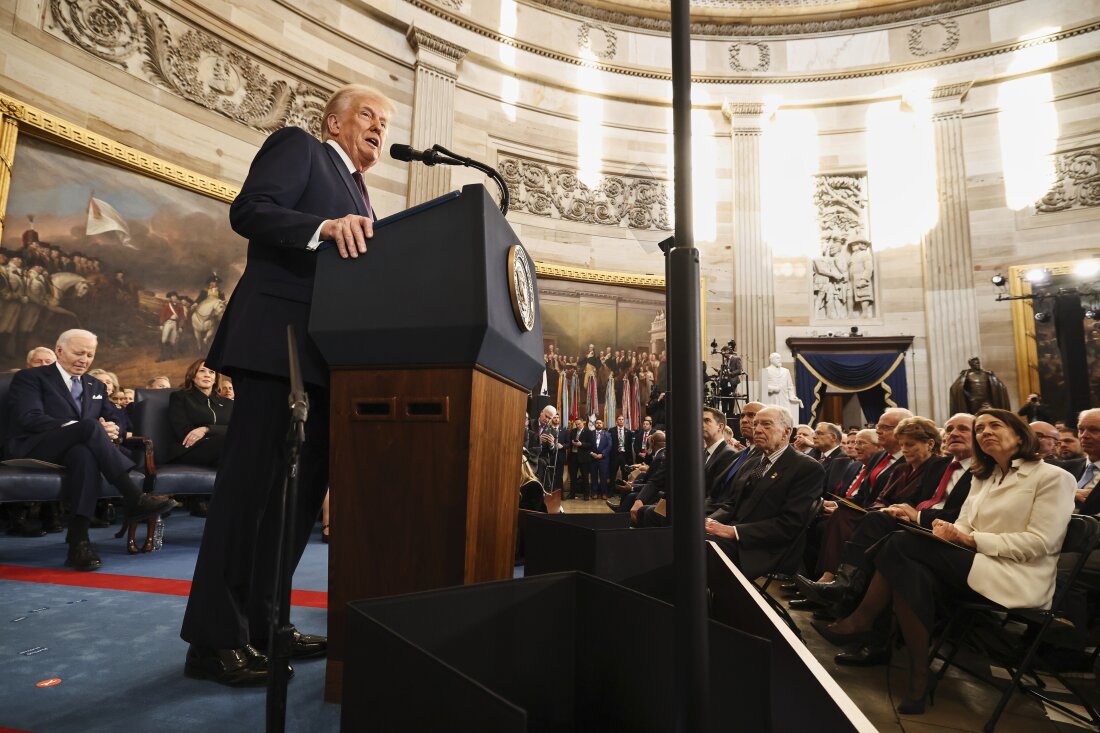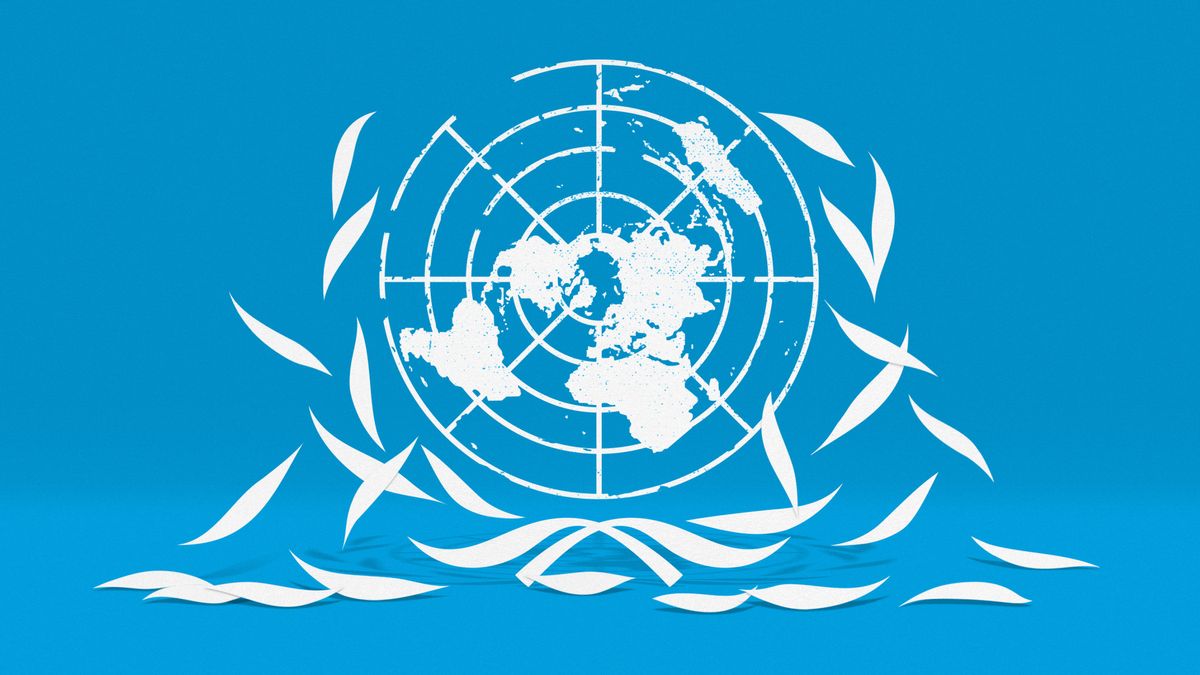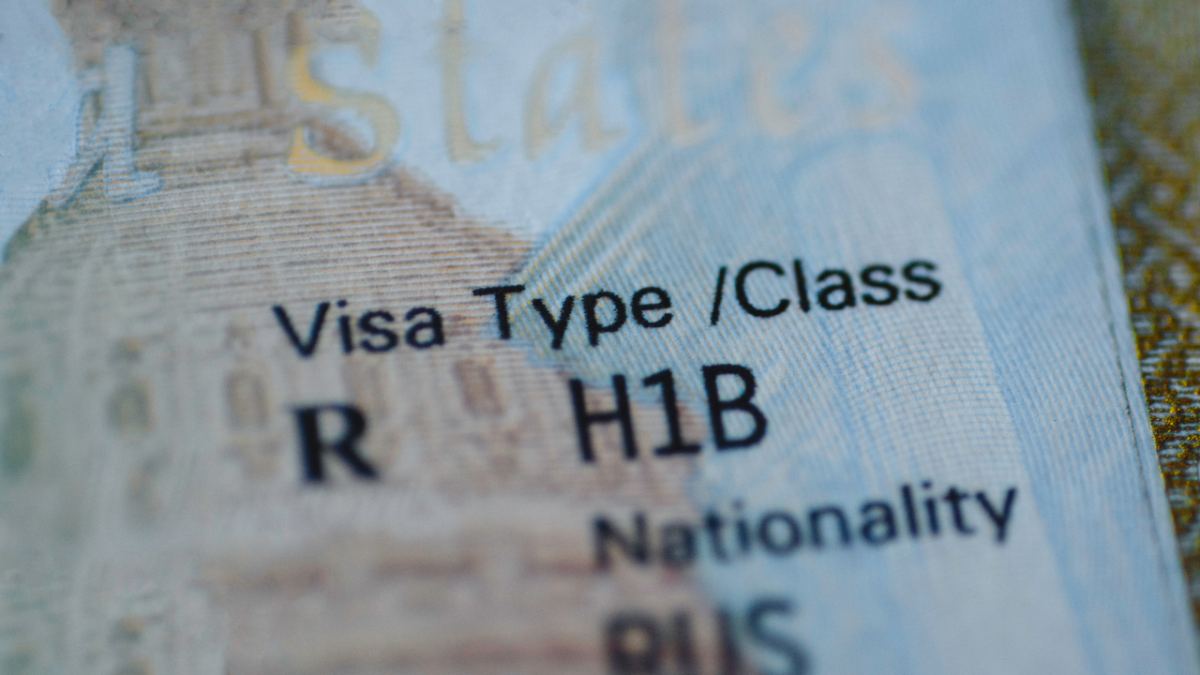On a recent episode of “The View,” conservative panelist Meghan McCain was surprised for her birthday with a visit from two drag queens — Monét X Change and Nina West — both of whom had previously competed on “RuPaul’s Drag Race.” The two queens knew McCain from a June episode of “The View” where she conducted an hour long interview with them in celebration of Pride.
However, following the birthday visit, many took to the internet to express their disdain towards X Change, West, and McCain herself. The argument was that McCain’s conservative policies, as well as her husband’s homophobia, meant that the two queens should never have associated with her in the first place. Likewise, because of the aforementioned reasons, it followed that McCain should not have the label of being an ally to the LGBT community.
Being one of the few UC San Diego students who probably watch “The View,” I took issue with this line of thinking. After all, I consider Meghan McCain to be my personal gay icon — not for her political beliefs (there is next to nothing that we agree upon in this realm), but rather for her timeless wardrobe, fierce method of discoursing, and her longstanding allyship to the LGBT community.
To say that McCain is not an ally to the community for the aforementioned reasons has little grounding in reality. Yes, Meghan McCain is a hardcore conservative, and yes, her husband is objectively homophobic. That being said, neither of those facts hold any bearing over whether or not McCain herself is an ally to the community.
Even though she is politically conservative, McCain has been a supporter of LGBT rights for much longer than most who are traditionally viewed as politically LGBT-friendly. In 2009, she published an Op-Ed in support of gay marriage, four years before Hillary Clinton would publicly announce the same view. Ever since she has continued to champion LGBT rights in spite of belonging to an ideology that traditionally has not been the most favorable to the queer community.
It’s important to remember that one of the key components of being an ally is to not only support a marginalized community privately; rather, an ally must actively participate in reducing the marginalization of said community. McCain has actively worked to change the conservative viewpoint on LGBT rights. Likewise, while she has chosen to keep her relationship with her husband private, it’s not out of the realm of possibility to think that she tries to help him to gain a better empathy for the LGBT community. Just because we don’t agree with someone on a lot of things does not mean that we can’t recognize that they are working to support our own human rights.
Meghan McCain, I thank you for your support. We may not see eye to eye on almost any political points — but when it comes to you supporting my right to marry whom I love and me supporting your pursuit of expressing your ideas daily dressed in the most iconic ensembles, I would have to say that our views are aligned.
Artwork by Susan Sun for the UCSD Guardian.













